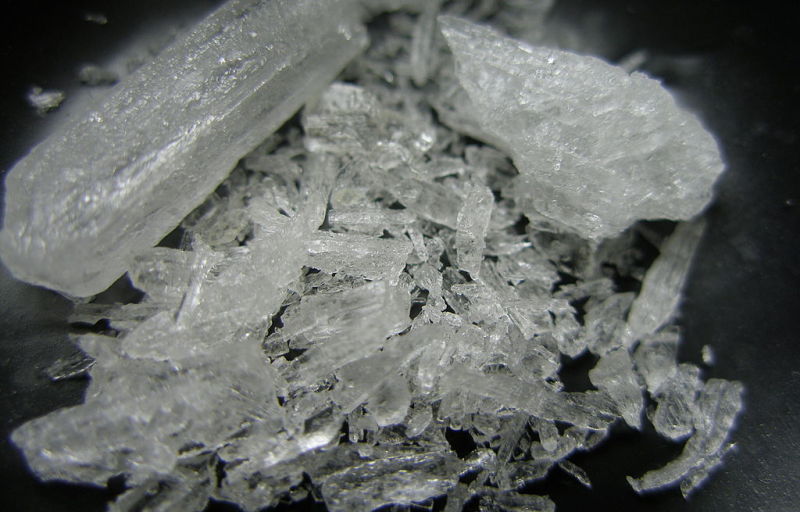
Study: Stimulating Brain Cells Stops Binge Drinking
Researchers at the University at Buffalo have found a way to change alcohol drinking behavior in rodents, using the emerging technique of optogenetics, which uses light to stimulate neurons.
Their work could lead to powerful new ways to treat alcoholism, other addictions, and neurological and mental illnesses; it also helps explain the underlying neurochemical basis of drug addiction.
The findings, published in Frontiers in Neuroscience, are the first to demonstrate a causal relationship between the release of dopamine in the brain and drinking behaviors of animals.
In the experiments, rats were trained to drink alcohol in a way that mimics human binge-drinking behavior. First author Caroline E. Bass, PhD, assistant professor of pharmacology and toxicology in the UB School of Medicine and Biomedical Sciences explains, “By stimulating certain dopamine neurons in a precise pattern, resulting in low but prolonged levels of dopamine release, we could prevent the rats from binging. The rats just flat out stopped drinking,” she says.
Interestingly, the rodents continued to avoid alcohol even after the stimulation of neurons ended, she adds.
“For decades, we have observed that particular brain regions light up or become more active in an alcoholic when he or she drinks or looks at pictures of people drinking, for example, but we didn’t know if those changes in brain activity actually governed the alcoholic’s behavior,” says Bass.
The researchers activated the dopamine neurons through a type of deep brain stimulation, but unlike techniques now used to treat certain neurological disorders, such as severe tremors in Parkinson’s disease patients, this new technique, called optogenetics, uses light instead of electricity to stimulate neurons.
“Electrical stimulation doesn’t discriminate,” Bass explains. “It hits all the neurons, but the brain has many different kinds of neurons, with different neurotransmitters and different functions. Optogenetics allows you to stimulate only one type of neuron at a time.”
Bass specializes in using viral vectors to study the brain in substance abuse. In this study, which was funded by the National Institutes of Health, she used a virus to introduce a gene encoding a light-responsive protein into the animals’ brains. That protein then activated a specific subpopulation of dopamine neurons in the brain’s reward system.
“I created a virus that will make this protein only in dopaminergic neurons,” Bass says.
The neuronal pathways affected in this research are involved in many neurological disorders, she says. For that reason, the results have application not only in understanding and treating alcohol-drinking behaviors in humans, but also in many devastating mental illnesses and neurological diseases that have a dopamine component.
Bass notes that this ability to target genes to dopamine neurons could potentially lead to the use of gene therapy in the brain to mitigate many of these disorders.
“We can target dopamine neurons in a part of the brain called the nigrostriatal pathway, which is what degenerates in Parkinson’s disease,” she says. “If we could infuse a viral vector into that part of the brain, we could target potentially therapeutic genes to the dopamine neurons involved in Parkinson’s. And by infusing the virus into other areas of the brain, we could potentially deliver therapeutic genes to treat other neurological diseases and mental illnesses, including schizophrenia and depression.”








